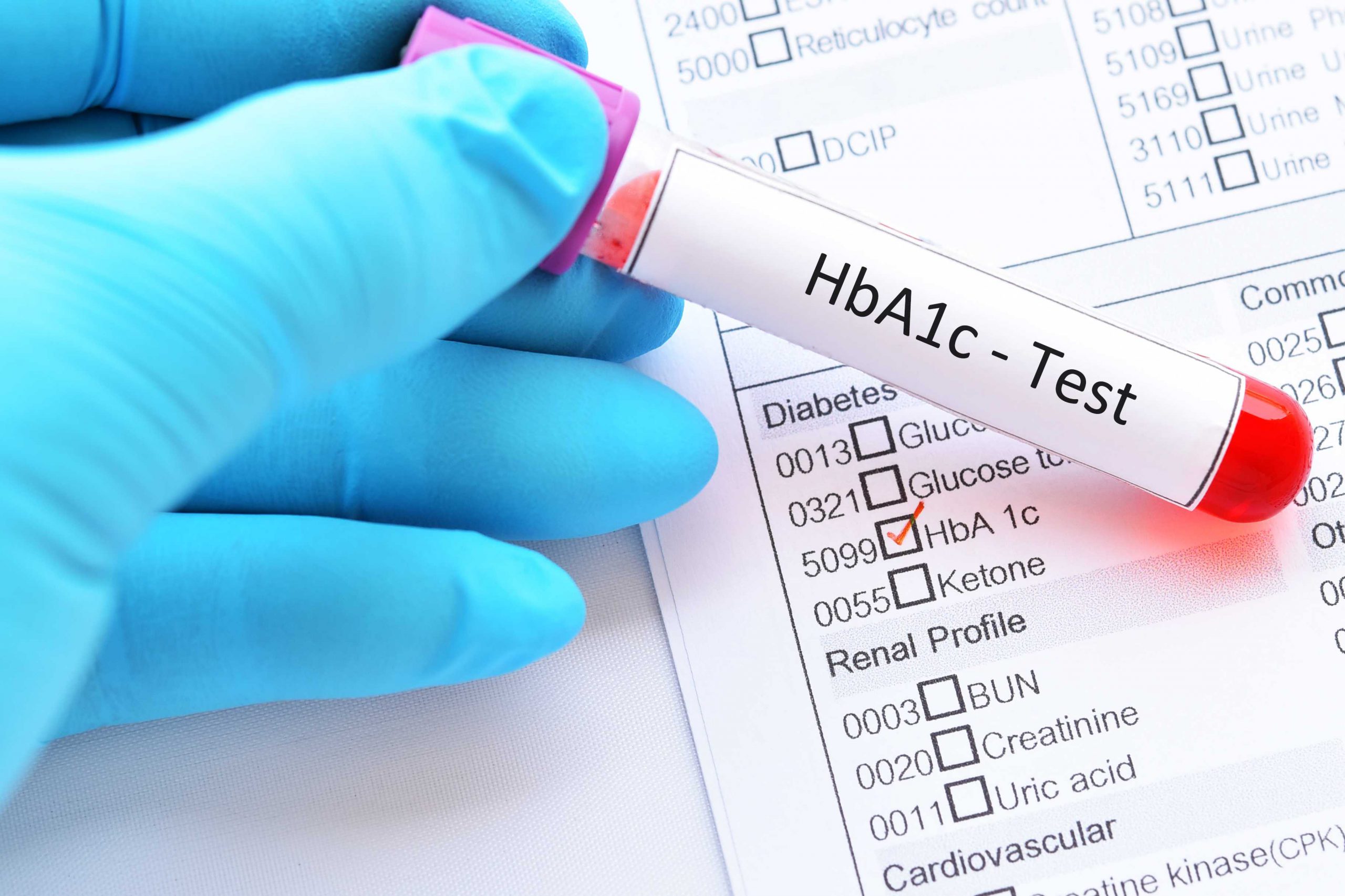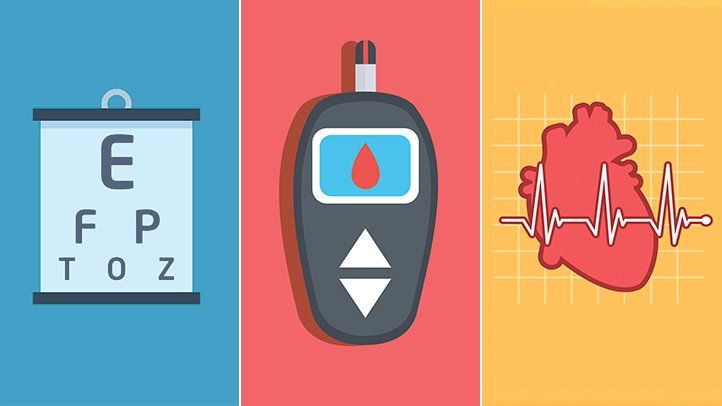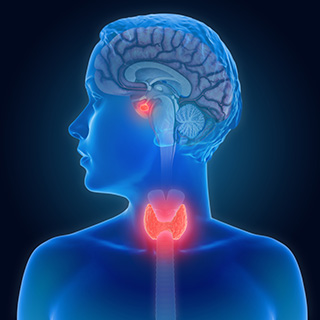Medicine tied to lower thyroid-stimulating hormone levels in those with underactive thyroid
WebMD News from HealthDay , By Mary Elizabeth Dallas, HealthDay Reporter
MONDAY, Sept. 22, 2014 (HealthDay News) –Insulin sensitizers commonly used to treat diabetes, may raise the risk of low levels of thyroid-stimulating hormone (TSH) among patients with an under active thyroid, a new study suggests.
The researchers cautioned that low TSH levels may be associated withheartproblems and broken bones, although a cause-and-effect link was not established in this study.
Among those in the study with an underactive thyroid (hypothyroidism), there were 495 incidences of low levels of thyroid-stimulating hormone per year compared with 322 in the normal thyroid group, the report published Sept. 22 in the CMAJ concluded.
Among patients treated for an underactive thyroid, insulin sensitizers were linked with a 55 percent higher risk for low TSH levels, compared to those who were taking sulfonyl urea for their diabetes.
“The results of this longitudinal study confirmed that the use of insulin sensitizers was associated with an increased risk of low TSH levels in patients with treated hypothyroidism,” Dr. Laurent Azoulay, with the department of oncology at McGill University in Montreal, said in a journal news release.
“Given the relatively high incidence of low TSH levels in patients taking insulin sensitizers, it is imperative that future studies assess the clinical consequences of this effect,” Azoulay added.
Two experts agreed that the finding requires further research.
“The question this study poses is: does the suppressed TSH have clinical significance?” said Dr. Gerald Bernstein, director of the diabetes management program at the Friedman Diabetes Institute at Mount Sinai Beth Israel, in New York City.
“The answer is as follows, millions of people have type 2 diabetes and millions of people have low thyroidand take thyroid pills. And given the multiple millions of people who take both drugs there has been no mass clinical issue,” Bernstein said. Also, “this study did not contain any measurements of the two forms of thyroid hormone in the blood. That data might help clarify why the TSH is suppressed.”
Dr. Minisha Sood, an endocrinologist at Lenox Hill Hospital in New York City, added that “the reason for insulin sensitizer’s effect on TSH levels is not clear at present. It is also unclear whether the low TSH levels associated with insulin sensitizers in this study put patients at risk for developing other complications such as cardiovascular diseases.”
Insulin sensitizers are used to lower blood sugar (glucose) levels. It works by reducing glucose production in the liver. To examine the drug’s effect on TSH, the researchers examined data compiled on over 74,000 people who took insulin sensitizers, along with another diabetes drug known as sulfonylurea, over a 25-year period.








